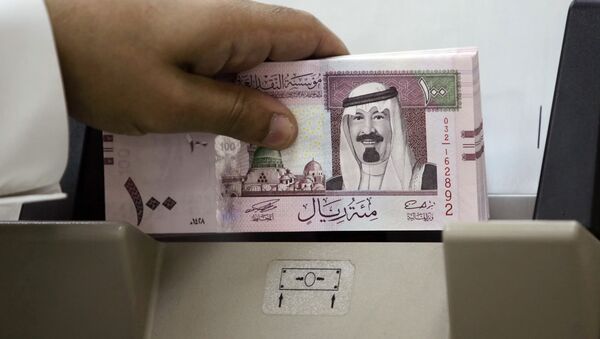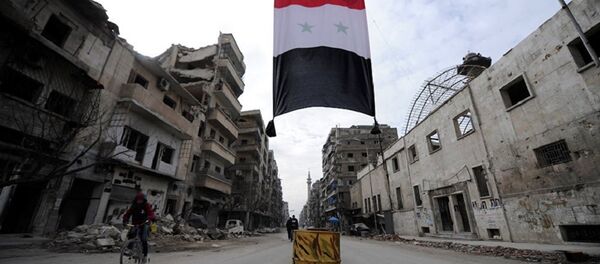The introduction of what has been dubbed a "sin tax" is officially meant to discourage consumption of harmful products that are likely to cause health problems, and will eventually increase medical expenses that are paid in part by the government, according to the official website of the country's General Authority of Zakat and Tax (GAZT).
"We've communicated with the business sector and have set up many workshops to introduce the selective tax both at the GAZT and the Chamber of Commerce," GAZT spokesperson told Arab News.
Under the new regulations, a pack of cigarettes costs between $4 and $6. Days before the introduction of the tax, smokers tried to buy up as many packs as they could, while shops did all they could to hide the merchandise from customers until after the new regulations came into effect.
According to Arab News, the warning is primarily aimed at people below the age of 16, pregnant and breastfeeding women, people with heart conditions and other high-risk groups.
"Raising the price of energy drinks is a good thing, because most of those who consume them are youngsters and that affects their health," UAE news website The National quoted customer Al Rashid saying.
According to the National, the introduction of the "sin tax" comes in accordance with an agreement of the Gulf Cooperation Council (GCC) and IMF recommendations. GCC states also intend to adopt a value-added tax of 5 percent on certain goods in 2018.
Saudi Arabia is currently striving to make ends meet, thanks to a budget deficit of $100 billion in 2015 caused by a massive drop in oil prices. Riyadh funnels a significant portion of the much-needed money to fund a war against Houthi rebels in Yemen, a campaign that has already taken lives of more than 12,000 people, according to Basirat news website's estimations.




